Keywords: Andre
There are more than 200 results, only the first 200 are displayed here.
-
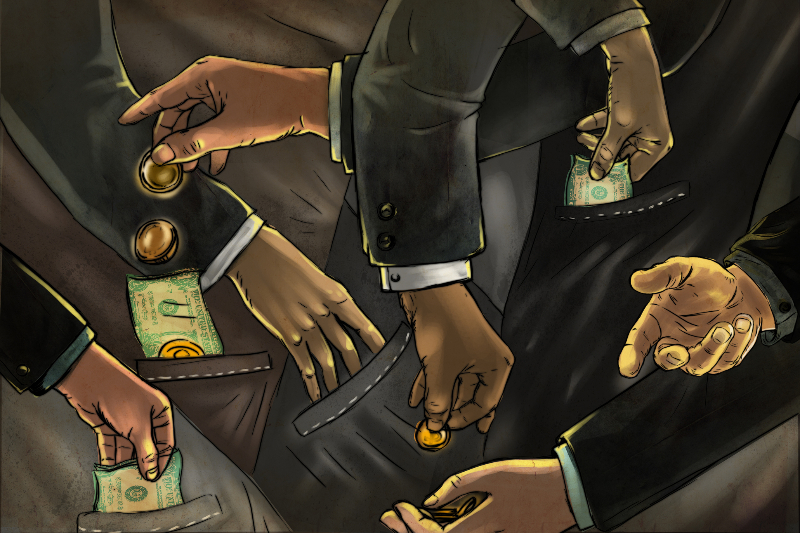
AUSTRALIA
- Andrew Hamilton
- 09 December 2021
24 Comments
Corruption in society is a sign that respect for human dignity has been eroded. If we identify the value of human beings with their ability to compete, we are easily led to treat other people and groups in society as instruments to be used for our own gain. The result is that the integrity of public institutions and people’s trust in them are eaten away.
READ MORE 
-
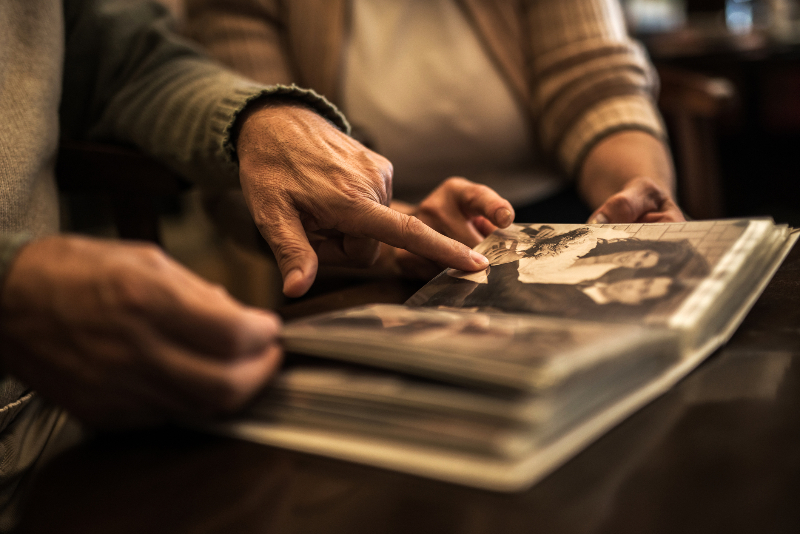
AUSTRALIA
- Andrew Hamilton
- 02 December 2021
22 Comments
Nostalgia is the sweet and sentimental ache that we might feel for an imagined past. It distracts from the present demands of life’s journey. Despite its association with self-indulgence, however, the place of nostalgia in personal and in political life is worth revisiting.
READ MORE 
-
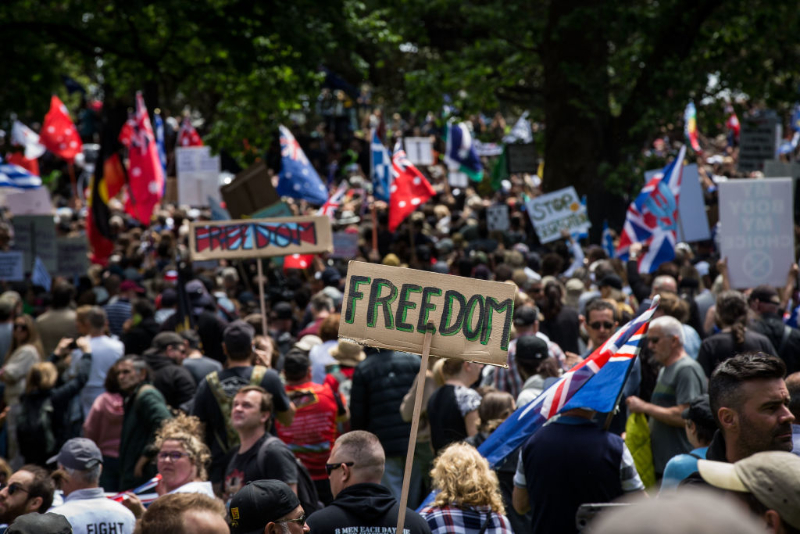
AUSTRALIA
- Andrew Hamilton
- 24 November 2021
31 Comments
There is much discussion about the future of democracy, freedom and other aspects of liberal institutions. Mainly in the United States, under the pressure of a polarised public life. But also to a lesser extent in Australia, in the face of the evasive and authoritarian behaviour of governments and the manifest priority of winning elections over addressing the existential threats of global warming and gross inequality.
READ MORE 
-
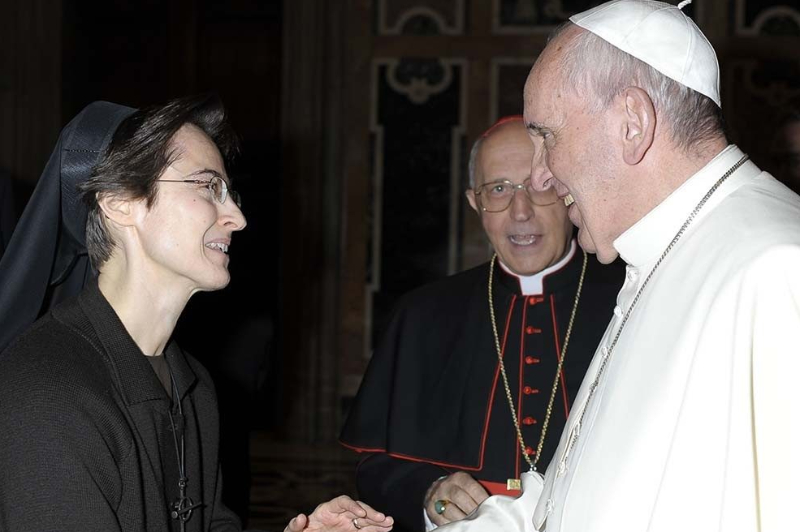
RELIGION
- Andrea Dean
- 18 November 2021
74 Comments
It’s good news to see women being appointed to significant roles within the Catholic Church, including several recent appointments of women to important positions in the Holy See. In early November Pope Francis appointed Sr Raffaella Petrini as secretary-general of the Vatican’s governorate.
READ MORE 
-
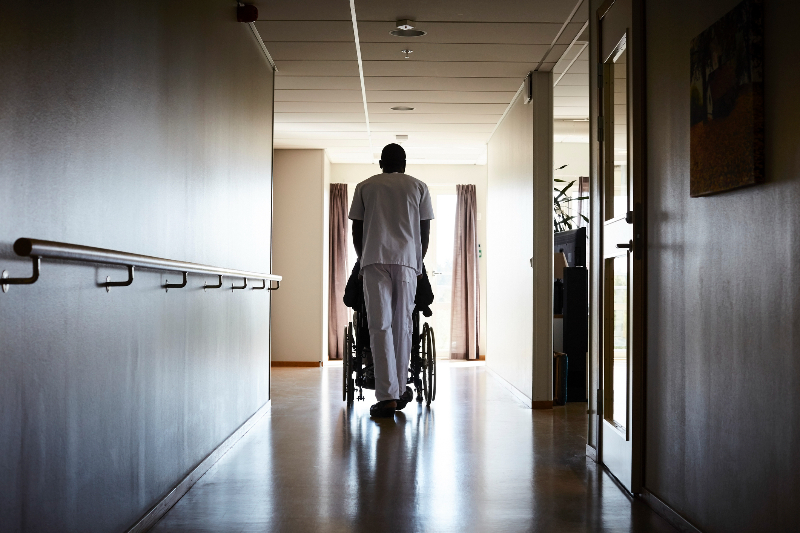
AUSTRALIA
- Andrew Hamilton
- 18 November 2021
7 Comments
The abrupt change in public attitudes to the threat of COVID calls to mind an earthy Cambodian proverb. It describes someone who has begged a boat ride across a river and then goes on his way without thanking or paying the boatman. Roughly translated the proverb says, ‘Flash your bum and say good-bye’.
READ MORE 
-
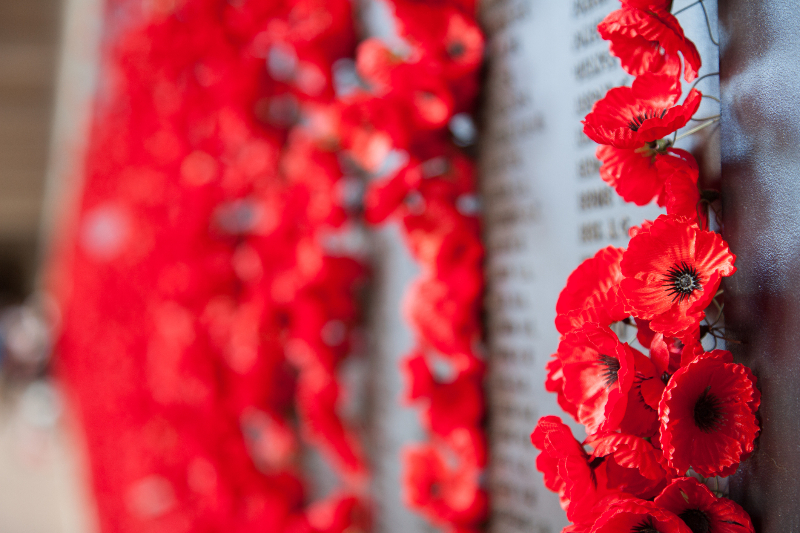
AUSTRALIA
- Andrew Hamilton
- 10 November 2021
13 Comments
Aficionados of United Nations Days and Weeks will know that this is the Week of Science and Peace. In the middle of it, perhaps deliberately and certainly paradoxically, sits Remembrance Day. Initially called Armistice Day, it marked the end of the First World War and of the industrial scale killing involved in it. The events of 1918 and what they might say about the relationship between war and science merit reflection today.
READ MORE 
-
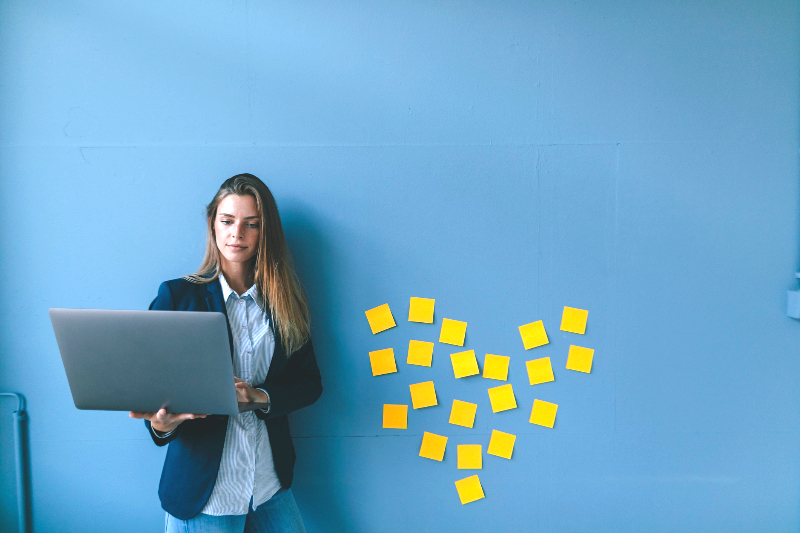
AUSTRALIA
- Andrew Hamilton
- 04 November 2021
13 Comments
In large organisations love hardly rates a mention. Mission statements highlight care, duty, responsibility and friendliness, but not love. Love is generally seen as an interrupter, combustible, something to fence in with protocols and professional standards, and for HR to monitor. When Pope Benedict XVI devoted an Encyclical to the place of love in public relationships, people were surprised. His argument is worth revisiting.
READ MORE 
-
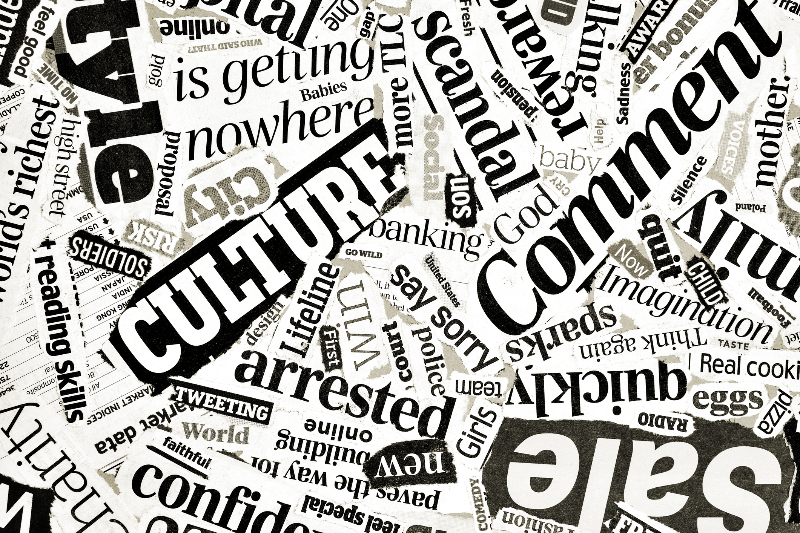
ARTS AND CULTURE
- Andrew Hamilton
- 28 October 2021
4 Comments
Sins have often been divided into those of thought, word and deed, with deed regarded as the worst. Today we pay more attention to sinful words, realising the harm that they can do. Bad words can bring social exclusion. Yet complex questions surrounding the use of words remain.
READ MORE 
-
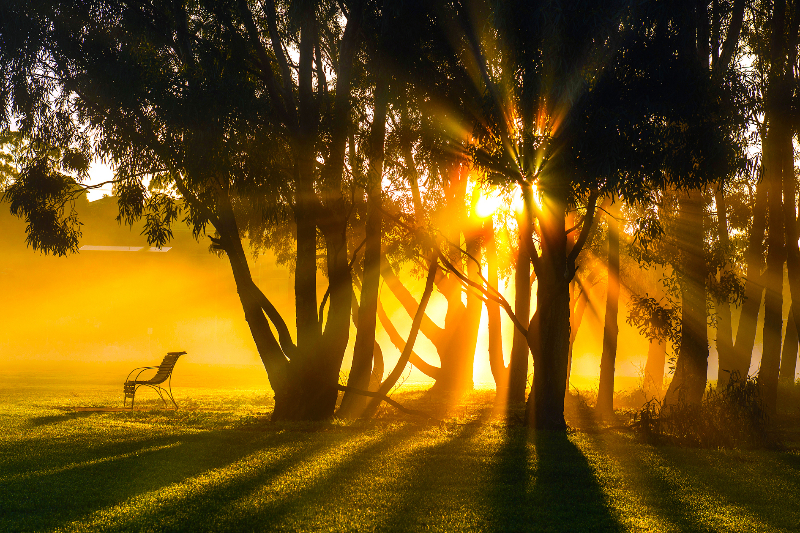
ARTS AND CULTURE
- Andrew Hamilton
- 26 October 2021
4 Comments
These weekday mornings all is quiet. / I stroll across the highway, / a piddle of cars in the outbound lane, / a puddle at the distant lights. / Along the parkland trail / cowled figures walk alone, / measuring their distance. / From the rise above the railway cutting / Macedon stands burly in the smoke-free air.
READ MORE 
-
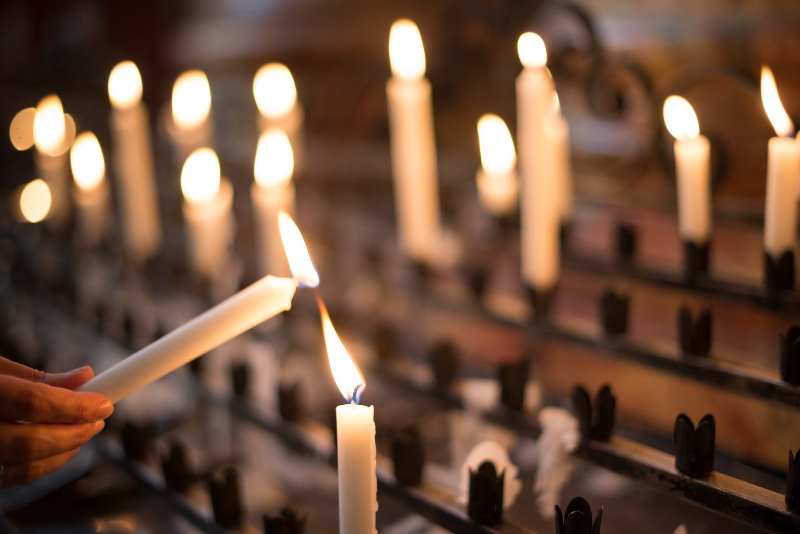
RELIGION
- Andrew Hamilton
- 21 October 2021
44 Comments
One of the challenges facing churches today has to do with tradition. Tradition is a sometimes charged word, but it refers to an everyday social need. It has to do with how a community passes on its way of life and its understanding of authoritative writings that shape it. The word itself can refer both to what is passed on and to the process of passing it on. The challenge of passing on a tradition is perennial. Both ways of living and writings reflect the culture of their own time and so need to be translated into the changing languages of later cultures.
READ MORE 
-
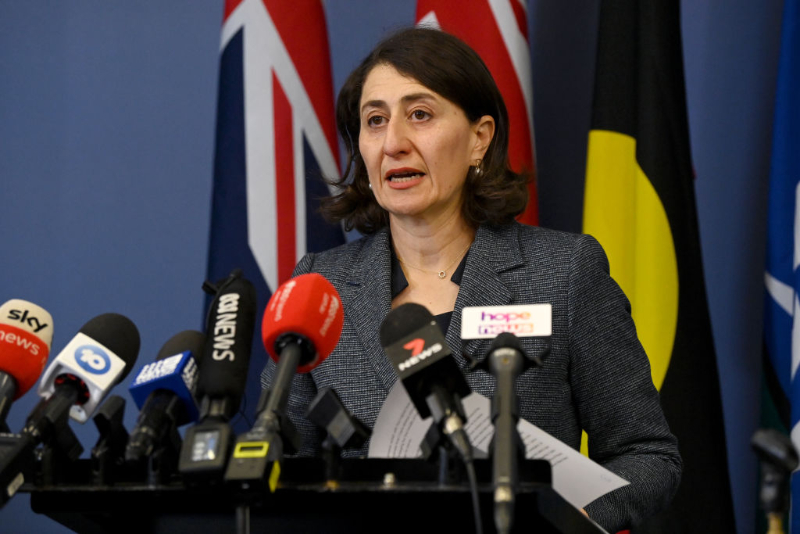
AUSTRALIA
- Andrew Hamilton
- 14 October 2021
16 Comments
During her last year in office Gladys Berejiklian divided people over her response to the Coronavirus. Even her critics, however, praised her decision to resign from office after the Independent Commission Against Corruption (ICAC) announced that it was investigating her conduct.
READ MORE 
-
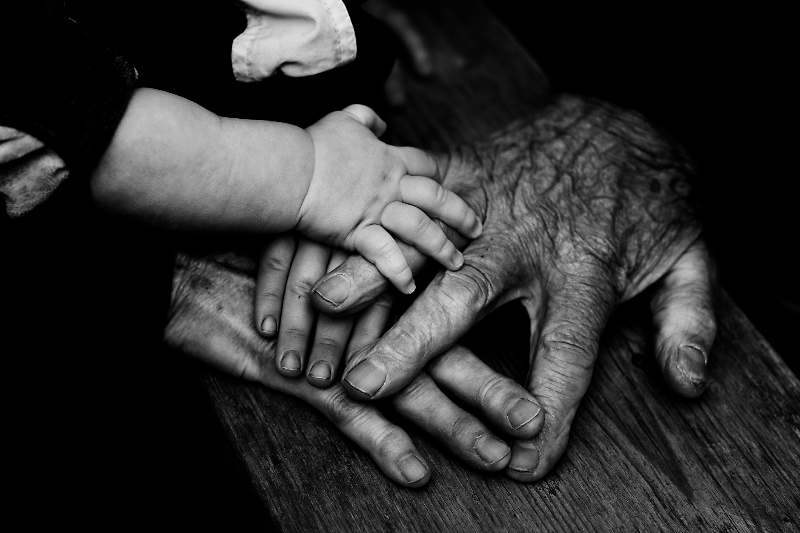
AUSTRALIA
- Andrew Hamilton
- 06 October 2021
40 Comments
Some weeks ago I wrote about the taking of human life and of the loss of its sacred connotations. I argued that the decisive consideration governing recent legislation in such issues as abortion and assisted dying has been the appeal to individual choice, supported by compassion for people who suffer from their denial. Whether we welcome this trend or regret it, as I do, we all have an interest in asking what effect it will have on society. In this article I would like to explore this question in a way that opens rather than closes conversation.
READ MORE 